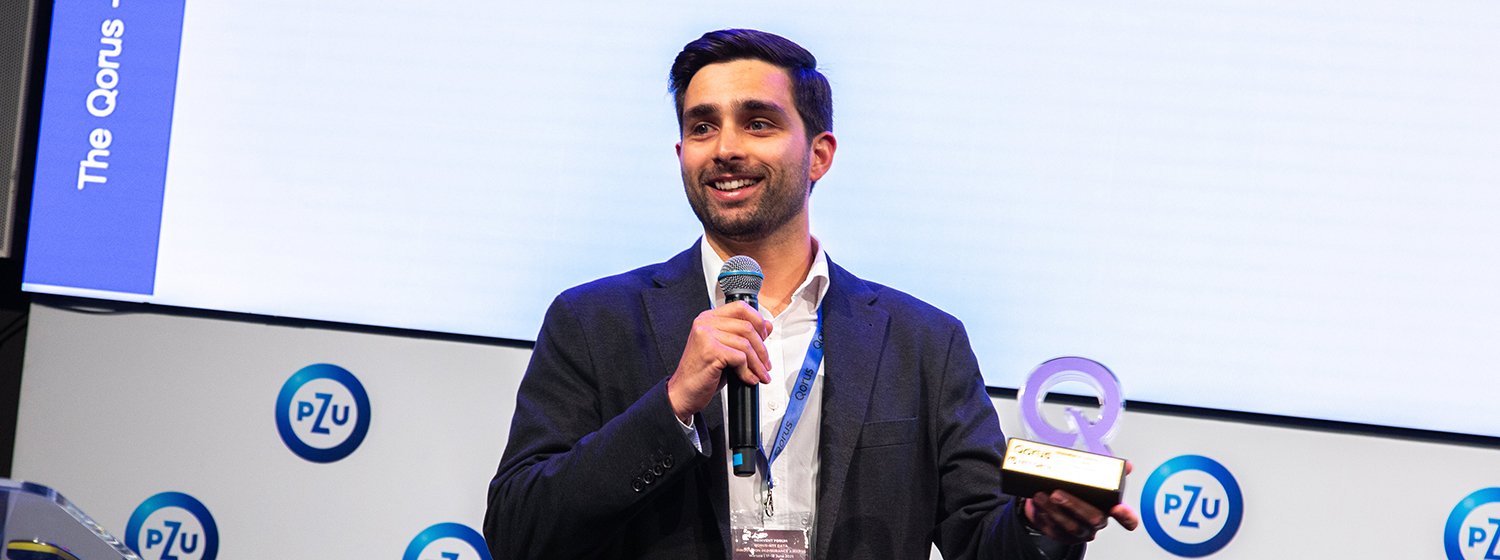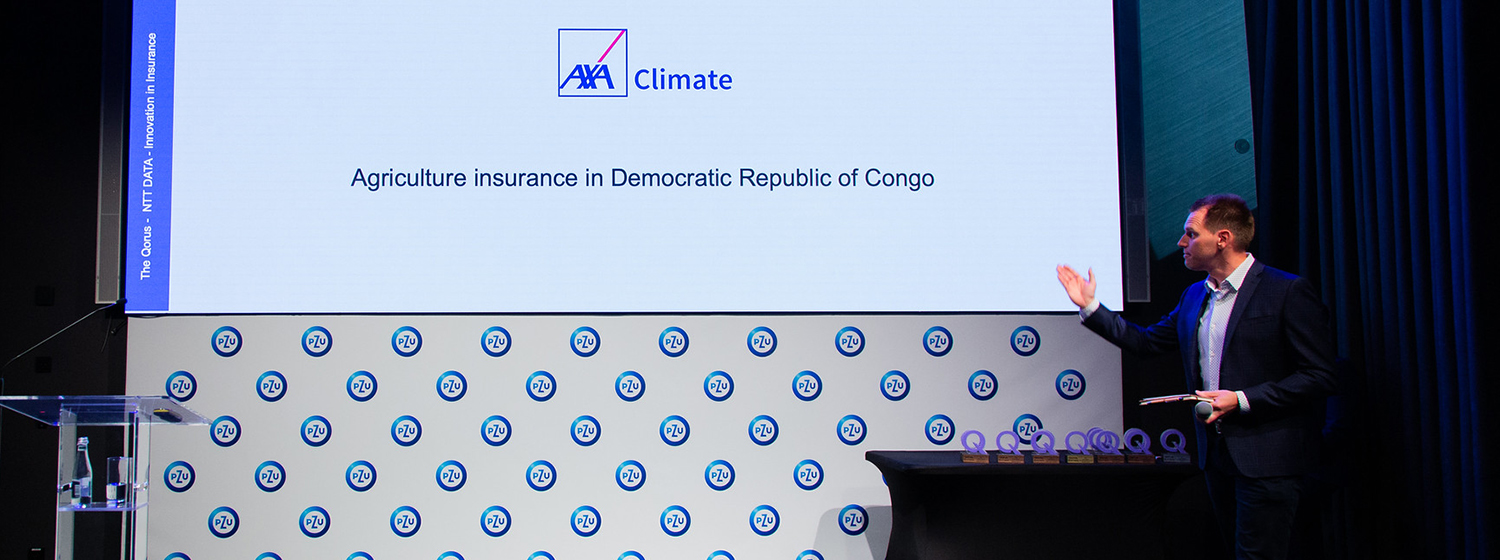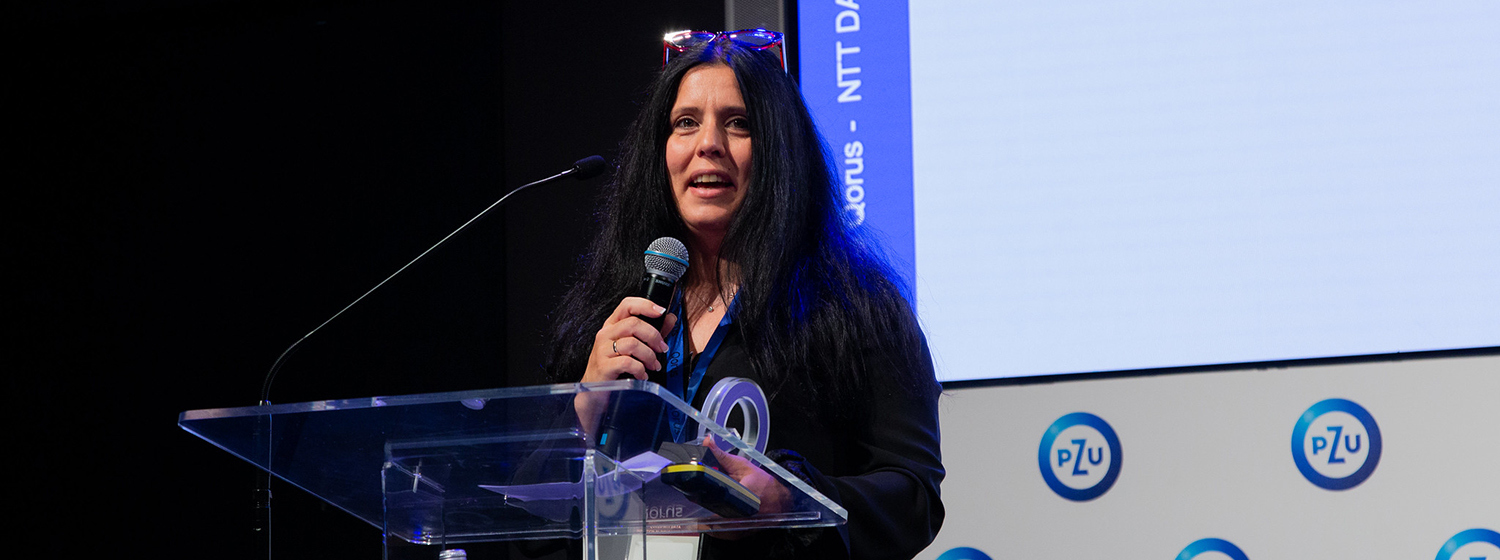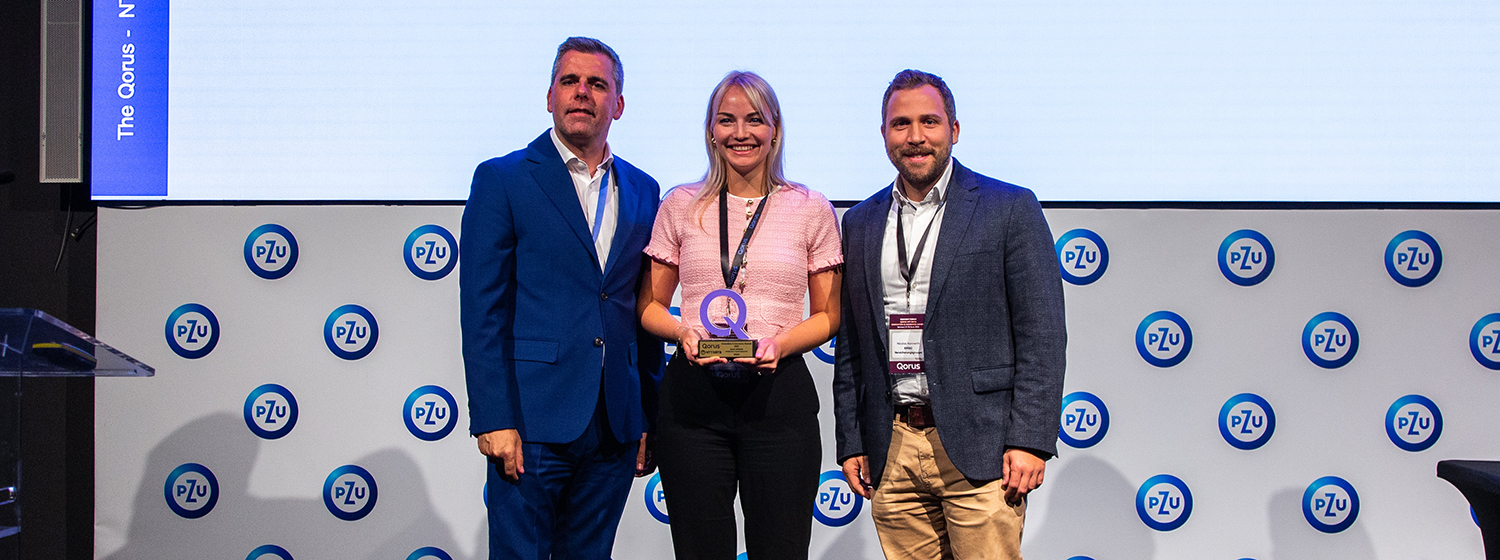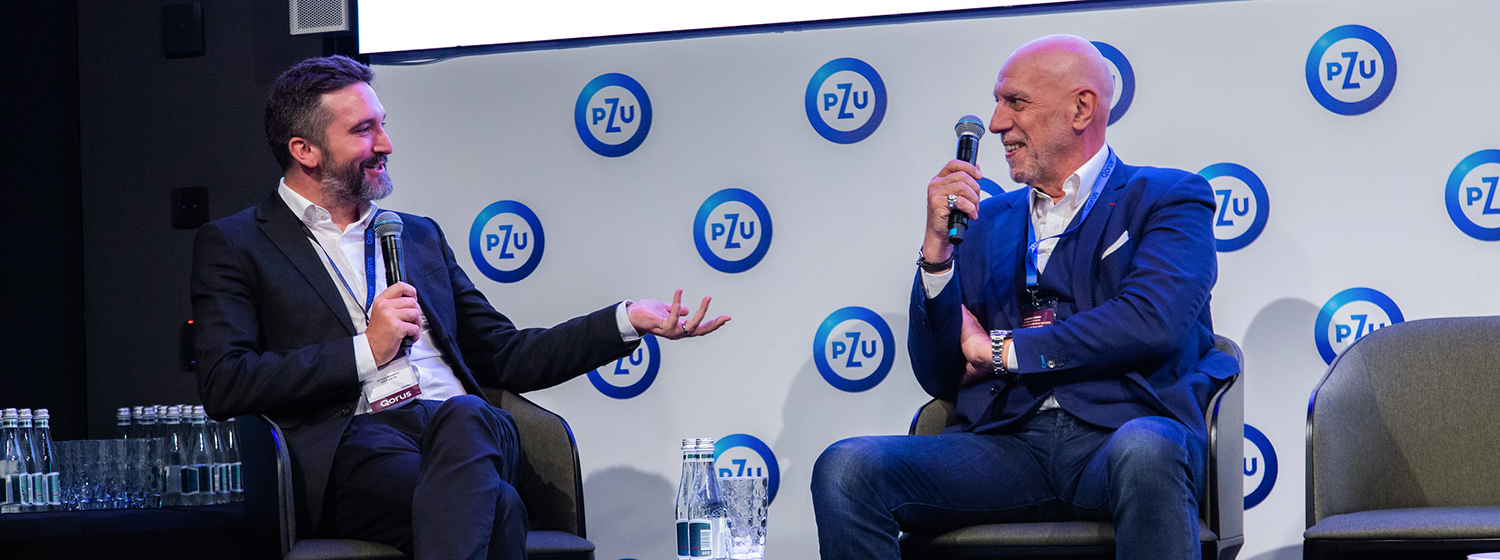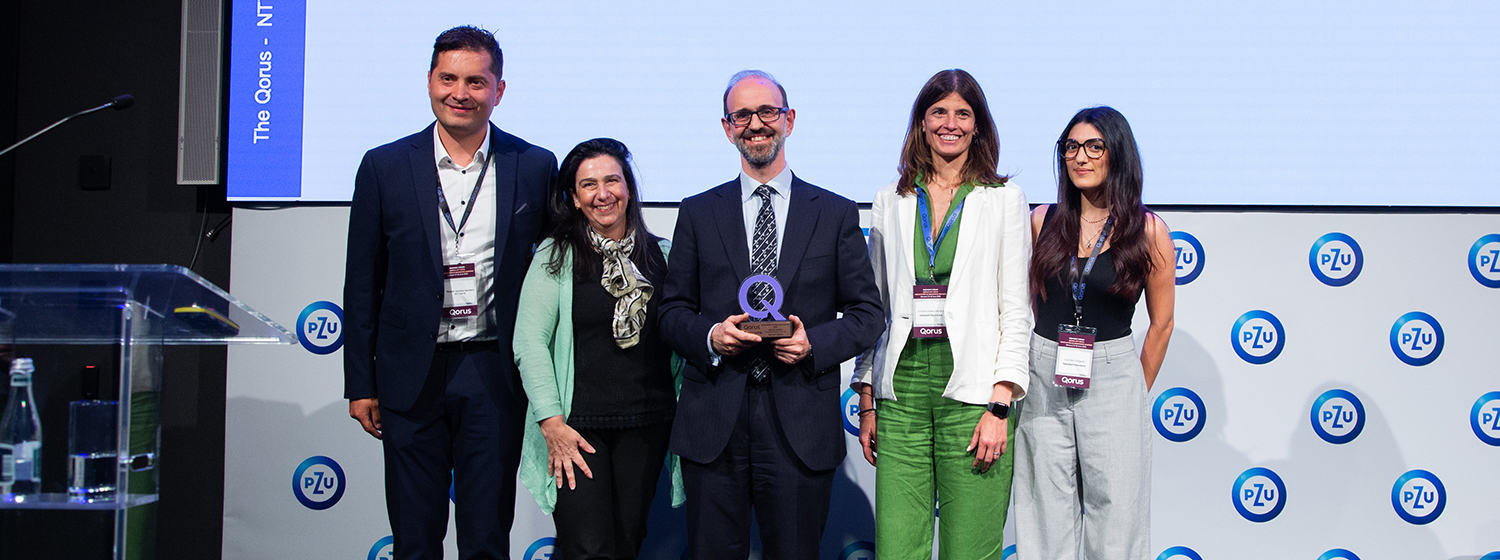Author Brett King’s new book examines the major challenges of our time. Boris Plantier from Qorus spoke with him about why we should be optimistic…as long as we cooperate.
Environmental disasters, pandemics, job losses, geopolitical tensions... When you follow the news, it is easy to imagine a very bleak future. What is your vision of the future?
The purpose of this book is to emphasize that as a species we share all of these challenges and crises coming our way, especially in respect to inequality, the emergence of AI and, of course, the climate. The book is very clear that there are practical ways we can be optimistic about the future, but the best scenarios all require a high degree of cooperation across the range of issues. The more divided we are, the more chaotic the eventual outcomes.
We also demonstrate how economics must change significantly in terms of prioritization. It's clear that the inequality we see today means that the economy is not working for the vast majority of the population, and over time the impact of AI and climate will worsen this effect. Thus, we need to rethink how the economy works in respect to the basic needs of citizens as a whole.
Can you explain in more detail the concept of technosocialism at the heart of your book?
Technosocialism as defined in the book is a big departure from classic socialism, where the workers own the means of production. But it essentially means that in highly automated societies the cost of governance and social programs declines to a level where the core needs of citizens can be easily afforded. Essentially that the citizens own the economy, and that resources should be prioritized to first and foremost care for the needs of citizens before corporations or shareholders. Maybe a sort of techno-collectivism or techno-humanism philosophically. But economically, we describe how we can address the basic social needs of the economy fully, without the debate over "who is going to pay for it" that is common politically today.
In technosocialism there is the word techno. Some people are afraid of technology, what role do you see for it?
We present four outcomes for society based on two major axes - namely inclusive versus exclusionary systems, and chaotic versus planned futures.
One of those quadrants is where we reject the march of technology, mainly around the impact of AI on employment patterns. Most people don't understand that AI's core intent is to remove humans from the labor force. So, the problem AI or tech eventually presents us with is rethinking the economic value of humans in regards to labor. This is a very real possibility.
If we don't work on the transition of these technologies into our world, then the possibility of social unrest is very high. This leads to the possible failures of states, through revolution. But climate action, etc. also is a requirement to prevent large systemic failure.
The remaining two scenarios are basically where we see inequality and the gap between rich and poor becoming more extreme and essentially baked in. Thus, technology like robotics or longevity treatments increasingly are only available to the rich.

In technosocialism there is also the word socialism. A word that scares some people as well. Should we be afraid of this technosocialism?
The socialism we emphasize is the ability for economies to have a social consciousness, and for economies to support the needs of citizens more broadly at much lower costs of governance, through more efficient resource allocation. For example, we demonstrate how in the United States we could lower the total costs of the healthcare system by 70% by using various technologies (AI diagnostics, robotic process automation in administration, gene therapy, personalized medicine, etc.).
While "socialism" is scary to those on the right, technosocialism is economically very right wing, but left wing on social policy. The technology enables these two world views to come together.
If the economy can afford to provide for the basic needs of the citizens it serves at a fraction of the cost, how could anyone object? If it's cheaper than the current system and you still object to supporting the needs of those less fortunate, this is a psychological problem, not an economic one.
What impact will this new world have on the leaders of banks and insurance companies? What should they do to keep their companies relevant?
There are a few issues that banks and insurers have to deal with. Firstly, climate brings us to a point where the insurance industry either collapses or essentially no longer insures core infrastructure, homes, and individual wealth. So, dealing with climate is critical longer-term.
Banks and insurers more immediately though, need to be seen as good corporate citizens. Increasingly we will see shareholders and customers choose to work with corporations that demonstrate more of a social conscience. For example, HSBC and Barclays have recently faced considerable pressure and protests in the UK around their support of fossil fuel companies. Increasingly we will measure the output and performance of companies on a range of measures, not just limited to share price or earnings - carbon neutral platforms, portfolio investments, and whether the products or services they offer improve the world beyond purely economic measures.
This technosocialist world sounds pretty good as you describe it. Thank you very much for this dose of optimistic futurism.
If we don't change our philosophy around humanity and the need to collaborate, every crisis we have to tackle over the next 30-50 years will hit us harder than it needs to. Here's a simple way to think about it.
Today capitalism creates competition across the system, competition individually for wages/wealth, competition at a corporation level and competition at a market and a national/global level. This leads us to compete against each other to create innovation.
What we propose is a realignment so that we compete FOR all humanity. Instead of abstract divisions that pitch us against each other.
Throughout history the periods of highest innovation are when we work together. The human genome project, the Apollo project, even the Covid response on vaccines, are all examples of this. We're going to need this sort of collaboration for AI and climate and future pandemics. But it also allows us to see inequality as a systemic failure.
Read more Further Insights interviews


